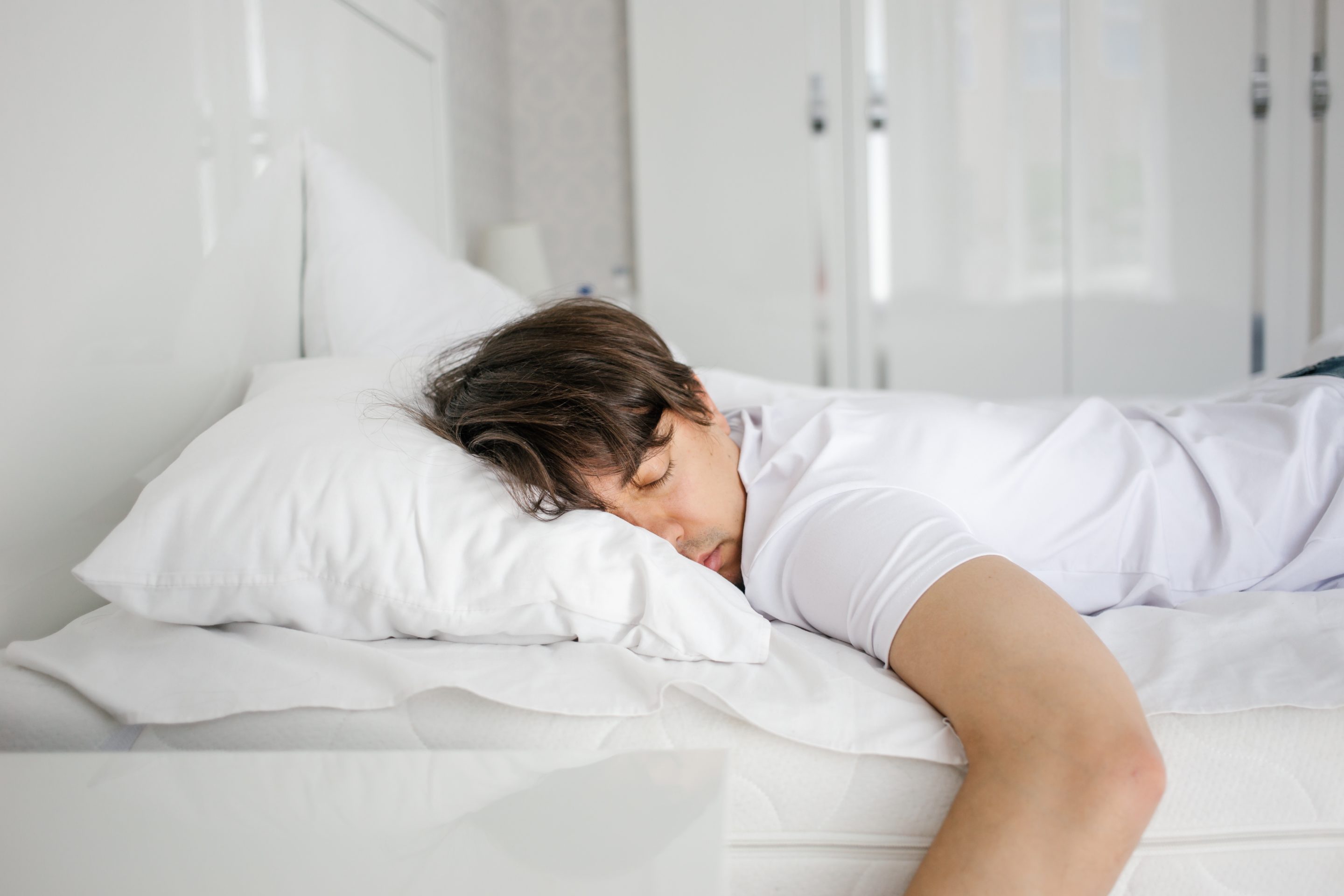In a world where doctors consistently recommend seven to eight hours of sleep for optimal health, a Japanese man is challenging this norm with a radical approach. Daisuke Hori, a 40-year-old from Hyogo Prefecture, Japan, has reportedly been adhering to a 30-minute sleep routine for the past 12 years. His unconventional method aims to "double" his waking hours and enhance his productivity.
Training for Minimal Sleep

According to the South China Morning Post, Hori attributes his success to rigorous body and mind conditioning. Despite his minimal sleep, he claims to function efficiently without fatigue. Hori, an entrepreneur with diverse interests in music, painting, and mechanical design, began his journey by gradually reducing his sleep time to maximize his productive hours.
Hori suggests strategies to maintain alertness, such as engaging in physical activity or consuming coffee an hour before meals. In 2016, he founded the Japan Short Sleepers Training Association to teach sleep management techniques. "Professionals who require intense concentration often benefit more from high-quality, shorter sleep periods," Hori stated.
Hori's lifestyle gained media attention through Japan’s Yomiuri TV reality show, 'Will You Go With Me?'. The show featured him over three days, including one where he slept for just 26 minutes. Following this brief rest, Hori continued his day, including a gym visit before starting work.
Hori’s methods have reportedly trained over 2,100 individuals in ultra-short sleep habits. One of his students shared that she reduced her sleep from eight hours to just 90 minutes after Hori’s training, and has maintained good skin and mental health for the past four years.
Medical Warnings
Despite these claims, medical professionals warn against extreme sleep reduction. "Adults generally need seven to nine hours of sleep per night for recovery and rejuvenation," cautioned Guo Fei, a neurologist at Huazhong University of Science and Technology Xiehe Shenzhen Hospital. "Chronic sleep deprivation can lead to memory problems, weakened immune function, mood instability, and a higher risk of cardiovascular issues."
Eric Zhou from Harvard Medical School's Division of Sleep Medicine also notes that while the seven-hour guideline is common, individual sleep needs can vary. Quality of sleep is equally important, as evidenced by research indicating that infants may require up to 16 hours of sleep daily, according to the Journal of Clinical Sleep Medicine.
Hori's extreme sleep routine is part of a broader trend of unusual lifestyle claims in Asia. For instance, Prahlad Jani, an Indian yogi, asserted that he lived without food or water since 1940 until his death at age 90 in 2020.
Inputs by Agencies
Image Source: Multiple Agencies
Ⓒ Copyright 2024. All Rights Reserved Powered by Vygr Media.





















